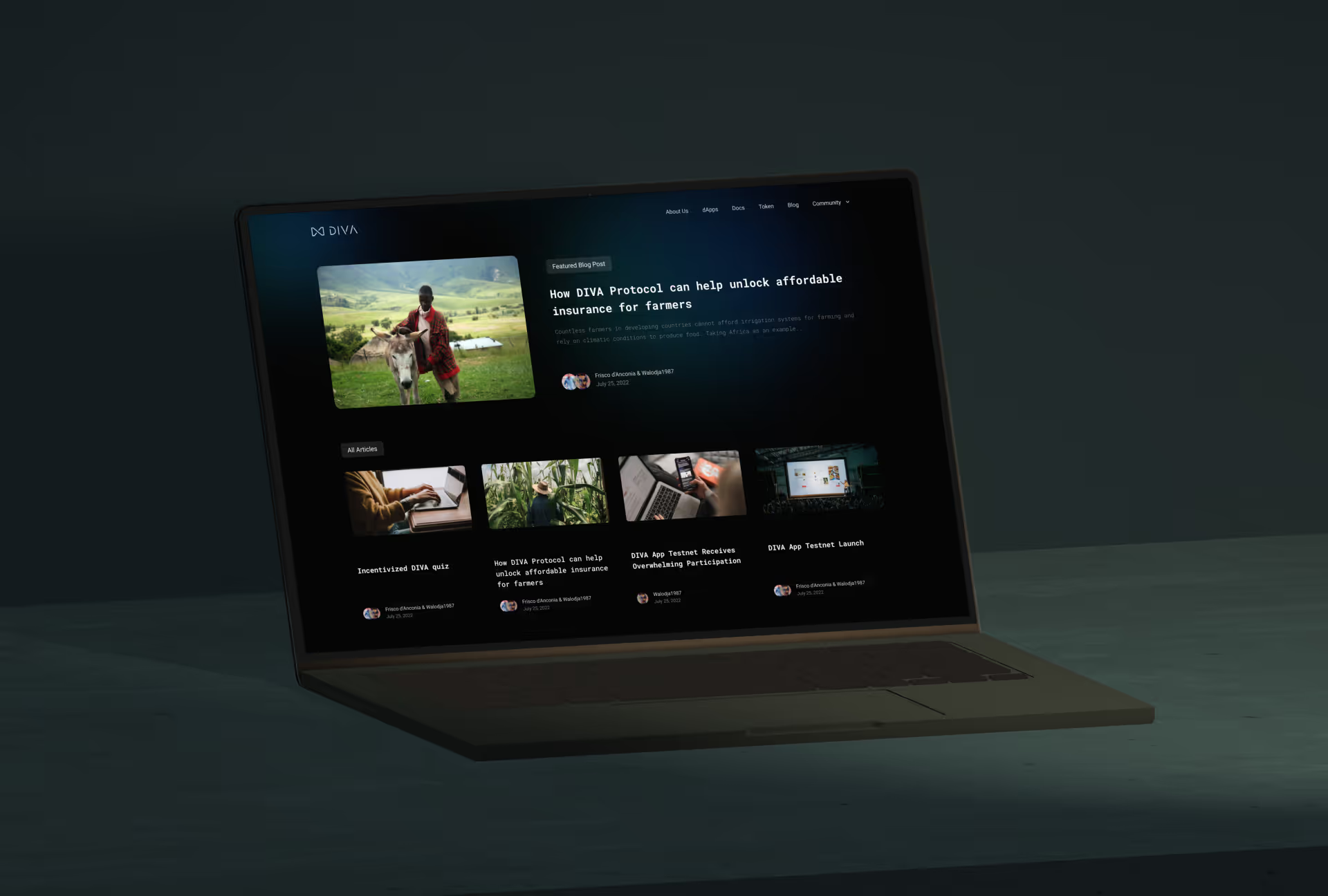
What is a web platform?
A web platform is a digital application through which users actively interact with data, processes, and other people. This is often done in real time, mostly role-based and across various devices.
In contrast to a classic website, it not only displays content, but also depicts functional processes: Users register, book, edit, communicate, evaluate.
Specifically: A platform is not a digital shop window, but a system that works independently. Typical examples include SaaS products, marketplaces, internal software for process control or portals with login area, data logic and API connection. The common denominator is business logic that runs in the background.
What makes these platforms complex is not the design but the logic behind them: user rights, dynamic content, interfaces, databases, real-time processes. All of this must not only work, but also be secure, performant and maintainable in the long term.

What a professional web platform must do
If you want to develop a complex web platform, your idea is usually aimed at growth, efficiency, or new revenue models. For this to work, you need a technical basis that works with you. Three things are important here: performance, security, and scalability.
- scalability: Your platform must keep pace with an increasing number of users and a growing range of functions. This is only possible with well-thought-out architecture.
- Safety: User administration, personal data, payment processing — security is not an add-on, but an obligation.
- Performance: Loading times, API response times, database queries: Anything that makes your platform slower costs you users and trust.
In addition, there is: Good platforms offer clear user guidance, a well-thought-out UX concept and are modular so that you can add new features iteratively. And they integrate well into your existing system landscape: via APIs, interfaces, or third-party tools.
Typical use cases for web platforms
Many customers develop ideas for their own marketplace or SaaS platform. It sounds simple at first, but it is usually highly individual. Standard solutions quickly reach their limits here: They are not tailored to your specific model, are difficult to expand or are slow to maintain and operate.
Example web platform: You want to develop a platform on which consultants and customers connect. That sounds like a typical marketplace. But do you want matching, role rights, calendar integration and billing interfaces? This goes far beyond what templates are able to do. That's exactly why it's so important to clarify early on what your platform should really make up.
How does a platform project work?
The path to the finished web platform is not a leap, but rather a guided, structured and iterative process. It usually goes like this:
- Discovery & analysis: In workshops, we clarify your goals, user groups and core functions. What do you really need — and what don't you?
- Concept & prototype: UX, UI, data flows, processes. We translate your idea into a clickable model and technical architecture.
- Development: Frontend, backend, interfaces. Modular, so you can expand at any time.
- Testing & optimization: Stress tests, security checks, real use cases — everything is played out before we go live.
Rollout & development: Launch isn't the end. We will continue to support you, expand, optimize, scale.
Tip: In our blog, you'll find a Guide to creating online platforms and more information about the Development costs.
What role do tech stack, architecture & consulting play in a web platform?
The technology behind your platform is also its foundation. Modern web platforms rely on frameworks such as React, Vue, Laravel, Node.js or Next.js, combined with PostgreSQL, MongoDB, AWS, Docker or Kubernetes.
However, it is not only important what is used, but how. Clean code, clear architecture principles, DevOps processes, automated testing: All of this ensures that you get a stable, expandable system. No patchwork, no short-term solutions.
Equal advice is just as important. A good team thinks along, asks critically, helps you with prioritization and not only understands technology but also your business model. Especially with an individual web solution, you need clear sparring and honest assessments.
Web platform development with Axisbits
As a full-service agency with many years of experience in developing web platforms, Axisbits covers all areas that will lead your project to the goal: from concept to MVP up to launch and beyond:
- Consulting & concept: We help you define your goals and develop a strategy that is market-oriented and profitable in the long term.
- UI/UX design: Our creative team ensures that your web platform is not only functional, but also visually and easy to use.
- Software development: Low-code as a start and hardcode programming for unlimited growth — we'll show you what works best in which phase.
Do you want to start with a web platform or do you need honest feedback on your idea?
Get in touch with us and we'll show you how we can help you. You can find successful projects in our portfolio.
{{fs-btn-cta}}






.png)


